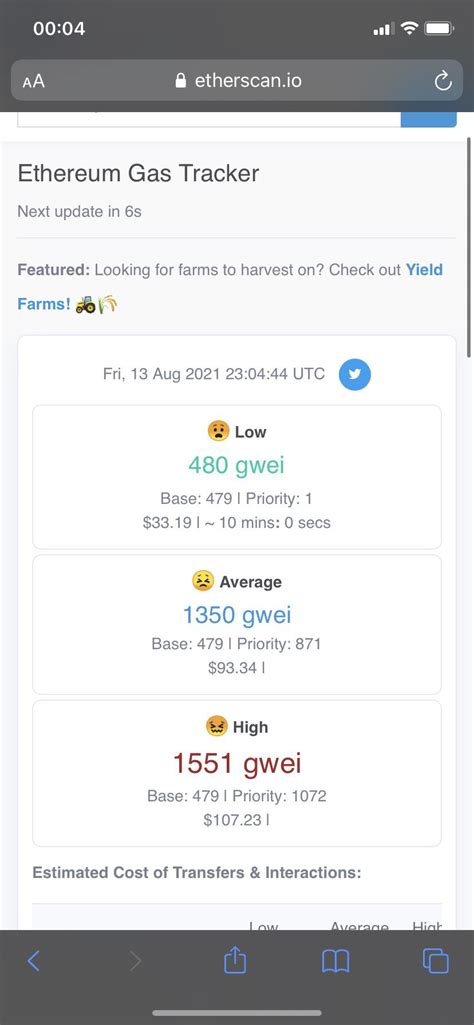Ethereum: Should You Use a Full Node As Your Main Wallet?
A few days ago, I decided to download Bitcoin Core to use as a full node, which not only helps the network by verifying transactions and participating in proof-of-work mining, but also serves as my primary wallet. However, since then, I’ve been reading numerous articles warning that using a full node as your main wallet is not recommended.
In this article, we’ll delve into the pros and cons of using a full node for Ethereum (and why you might want to reconsider) and explore whether it’s worth the effort to use one.
Why Use a Full Node?
A full node acts as an intermediary between users like us and the Ethereum network. When you connect your wallet to a full node, your data is encrypted, verified, and broadcasted to the entire network. This ensures that your private key remains secure, even if someone gains access to your wallet.
Using a full node has several benefits:
- Network participation: By participating in proof-of-work mining, full nodes contribute to the security and validation of transactions on the Ethereum network.
- Security: Full nodes offer robust encryption and data protection, making it more difficult for hackers to intercept or manipulate your funds.
- Reliability: When a majority of users connect to a node, it becomes much harder for malicious actors to exploit vulnerabilities in the system.
Why Shouldn’t You Use a Full Node?
Despite these benefits, there are valid reasons why you might not want to use a full node as your main wallet:
- Resource-intensive

: Running a full node requires significant computational resources and energy, which can be expensive.
- Network congestion: A large number of nodes on the network can lead to increased congestion and slower transaction processing times.
- Lack of decentralization
: By relying on a central node for security and validation, you may feel less in control over your own funds.
Alternatives: Decentralized Wallets
If you’re considering using a full node, but also want to minimize its drawbacks, consider the following alternatives:
- Lightweight wallets: Software wallets like MetaMask or Trust Wallet allow for lightweight operations and don’t require significant computational resources.
- Seed phrases: Some users store their Ethereum private keys as seed phrases on devices or secure storage solutions, such as hardware wallets.
Conclusion
While a full node can offer numerous benefits, it’s essential to weigh these advantages against the potential drawbacks. If you’re new to cryptocurrency and Ethereum, a lightweight wallet or seed phrase might be a more suitable option for your needs.
Ultimately, the decision to use a full node as your main wallet depends on your personal preferences, financial situation, and level of comfort with decentralized systems. Research and carefully consider the trade-offs before making an informed decision.
Để lại một bình luận